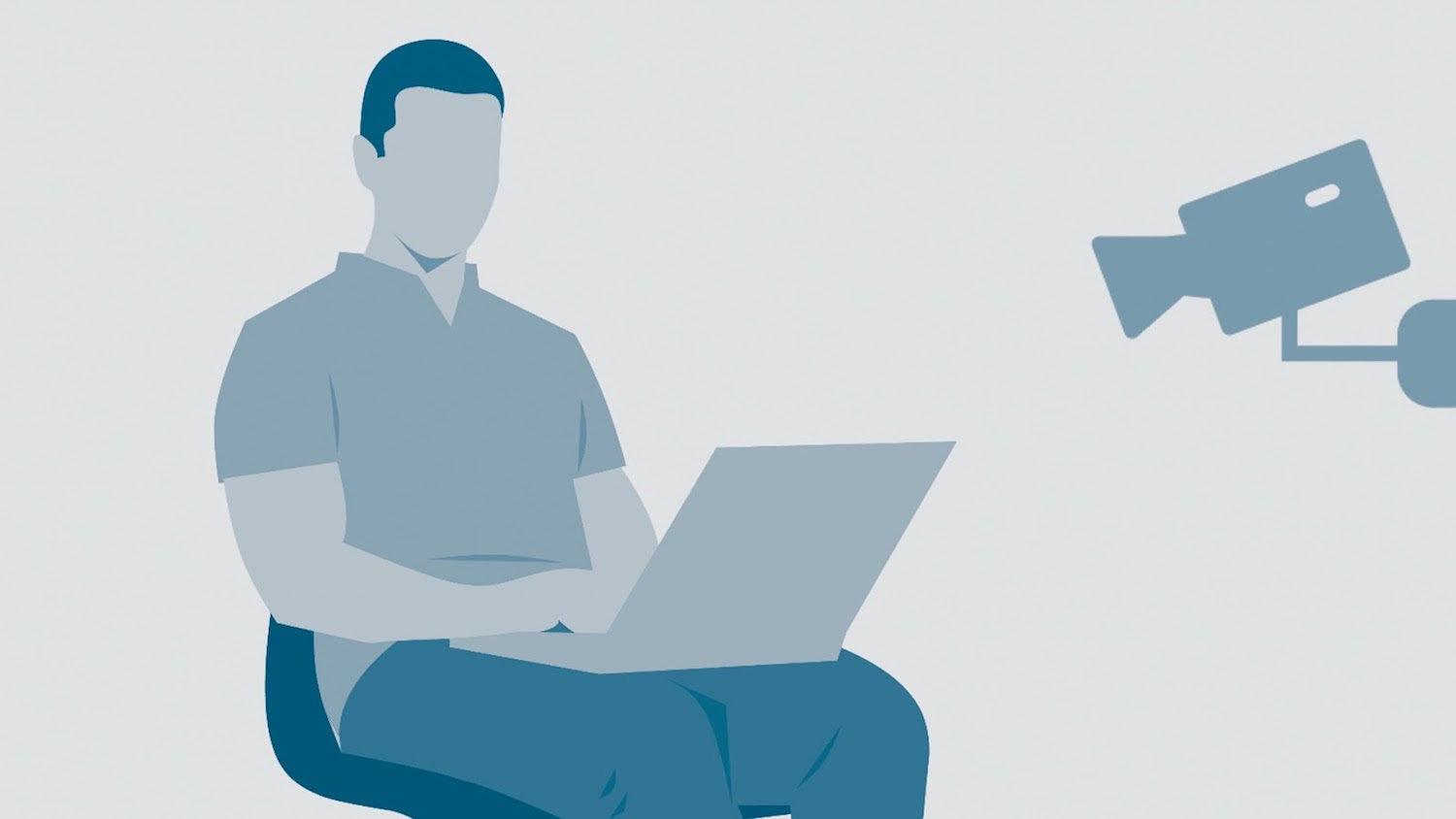Data-driven decision-making is now the norm in many workplaces. Executives collect and analyze information to inform hiring practices, promotions, and insurance premiums. However, Leora Eisenstadt, assistant professor of Legal Studies at the Fox School, warns that the kinds of data that employers can track should be safeguarded by law, to both protect employees’ privacy and limit employers’ liability.
For many, work and personal time have begun to blur together as smartphones and emails have invaded the home. As this line erodes between the home and office, employees are often left unaware that their employers can glean so much information from their personal lives. “Most of us have left enormous data trails,” says Eisenstadt, “that employers are now beginning to access in order to create the most efficient workplaces possible.”
With social media, FitBits, and online healthcare platforms, Eisenstadt says, employers are gathering data from more than just workplace activities. Healthcare service platforms, for example, can tell by looking at internet searches, prescriptions changes, or specialist appointments that employees are planning to start a family or have major surgery.
The platforms indicate that only top-level numbers are shared with employers, not individual names of employees. However, she argues, “that knowledge could lead to companies making decisions about promotions, hiring, and terminations based on this information.” Narrowing down gender and age, for example, could give employers enough clues to know which of their employees were likely to be trying to have a baby soon.
In her paper, “Data Analytics and the Erosion of the Work/Non-Work Divide,” which was accepted for publication by the American Business Law Journal, Eisenstadt asserts that the current legal statutes do not provide enough protection to both employers and employees. “Laws like HIPAA and the Pregnancy Discrimination Act likely do not apply to data gleaned from search queries,” she says. And there are virtually no laws or regulations prohibiting employers from collecting and relying on data gleaned from employees’ social media profiles, from facial recognition software, or from Fitbits.
So why should employers care about overreaches into employee privacy?
“The erosion of the work/non-work divide will impact the concept of a ‘scope of employment’ and employer attempts to avoid liability for their workers’ actions,” says Eisenstadt. Over the years, courts have seen the line blur between personal and work-related activities—like a case in 1928 in which an auto sales manager crashed a car, killing an employee on the way home from a staff appreciation dinner. The courts found the company liable for the death, and considered the events to be “within the scope of employment.” This move toward an expanding “scope of employment” has only grown with the advent of laptop computers, smartphones, and the myriad other devices and technologies that make it easier and sometimes even essential to bring work outside of the traditional physical boundaries of the workplace.
By gathering data from nonwork activities, Eisenstadt cautions that employers may be pushing this trend to new, more troubling places. By eroding the work/non-work divide so dramatically, companies may be opening themselves up to new liabilities for employee health issues, violent outbursts, or other employee behavior that would previously have been considered to be outside the “scope of employment.”
Data analytics can be an extremely powerful tool. “It allows humans to capture, analyze, and use massive quantities of data,” says Eisenstadt, “that the human brain can not make sense of on its own.” Yet, in today’s environment of data concerns and privacy breaches, Eisenstadt warns, companies should be cautious of data mining that goes too far.
This story was originally published in On the Verge, the Fox School’s flagship research magazine. For more stories, visit www.fox.temple.edu/ontheverge.
For more stories and news, follow the Fox School on LinkedIn, Twitter, Facebook, and Instagram.

